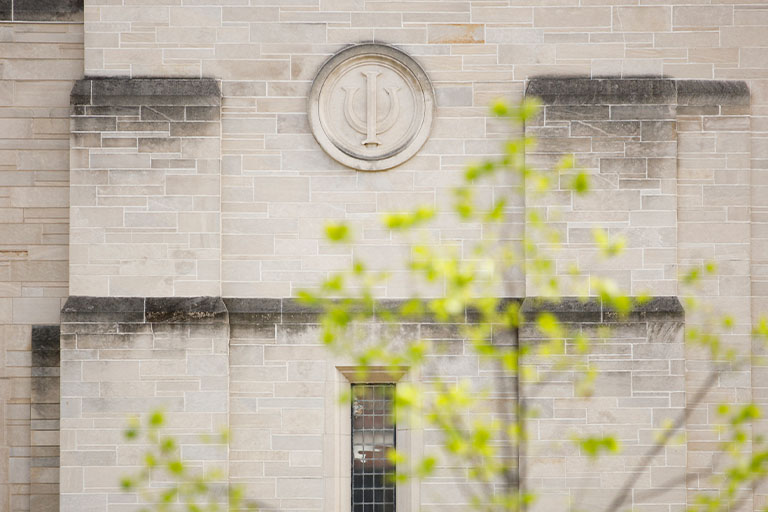This Sunday, Sept. 25, at sundown, marks the beginning of Rosh Hashanah—the Jewish New Year. The two-day holiday, which ends at sunset on Tuesday, Sept. 27, kicks off what is known in the Jewish culture as the “High Holidays.” This 10-day period of reflection culminates with Yom Kippur, also referred to as the Day of Atonement and is considered the holiest day of the Jewish calendar.
Rosh Hashanah observances include many special traditions and observances, including distinctive foods and celebrations. Many people attend services at a temple or synagogue, where messages of atonement for the previous year and hope for the new one ahead are conveyed.
One of the central themes of Rosh Hashanah is “Tzedakah,” which signifies an act of goodwill or to give back to those in need.
The sounding of the shofar—a trumpet made from a ram’s horn—is another essential part of both Rosh Hashanah and Yom Kippur. The shofar only sounds when air is blown out. This is symbolic of a Rosh Hashanah tradition: One must go inside oneself to repair and refocus before emerging and improving the world.
The new Jewish Culture Center on the Indiana University-Bloomington campus offers a number of events and activities, as well as cultural and social programming opportunities, to celebrate and learn about Jewish heritage and traditions. It is open to anyone interested in the Jewish culture.
“The Jewish Culture Center is an extension of our belief that everyone at Indiana University needs to feel welcome, respected, and valued, regardless of race, ethnicity, identity, or political or religious beliefs,” says James Wimbush, vice president for diversity, equity, and multicultural affairs and Johnson Chair for Diversity and Leadership.
“Approximately 4,000-plus Jewish students attend Indiana University. The Center provides them and others with an extraordinary opportunity to become more educated about cultural identity and gain a better understanding of each other,” Wimbush adds.
As an institution committed to creating an academic community that is respectful of and welcoming to all, we are pleased to offer a listing of religious observances to serve as a resource for all and a tool for those planning events and programs.


